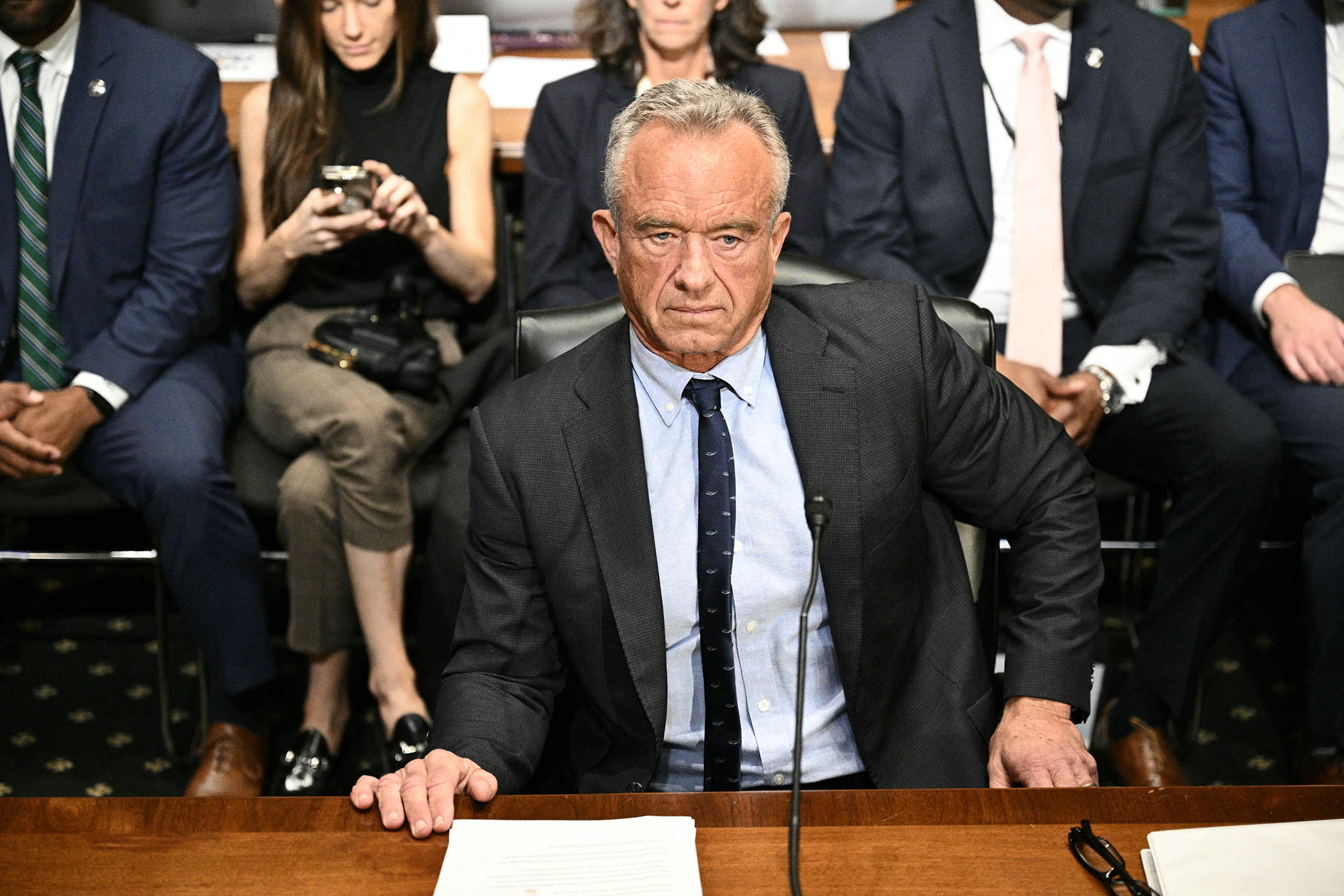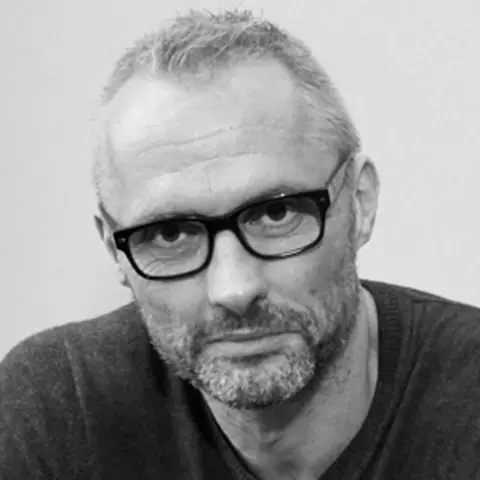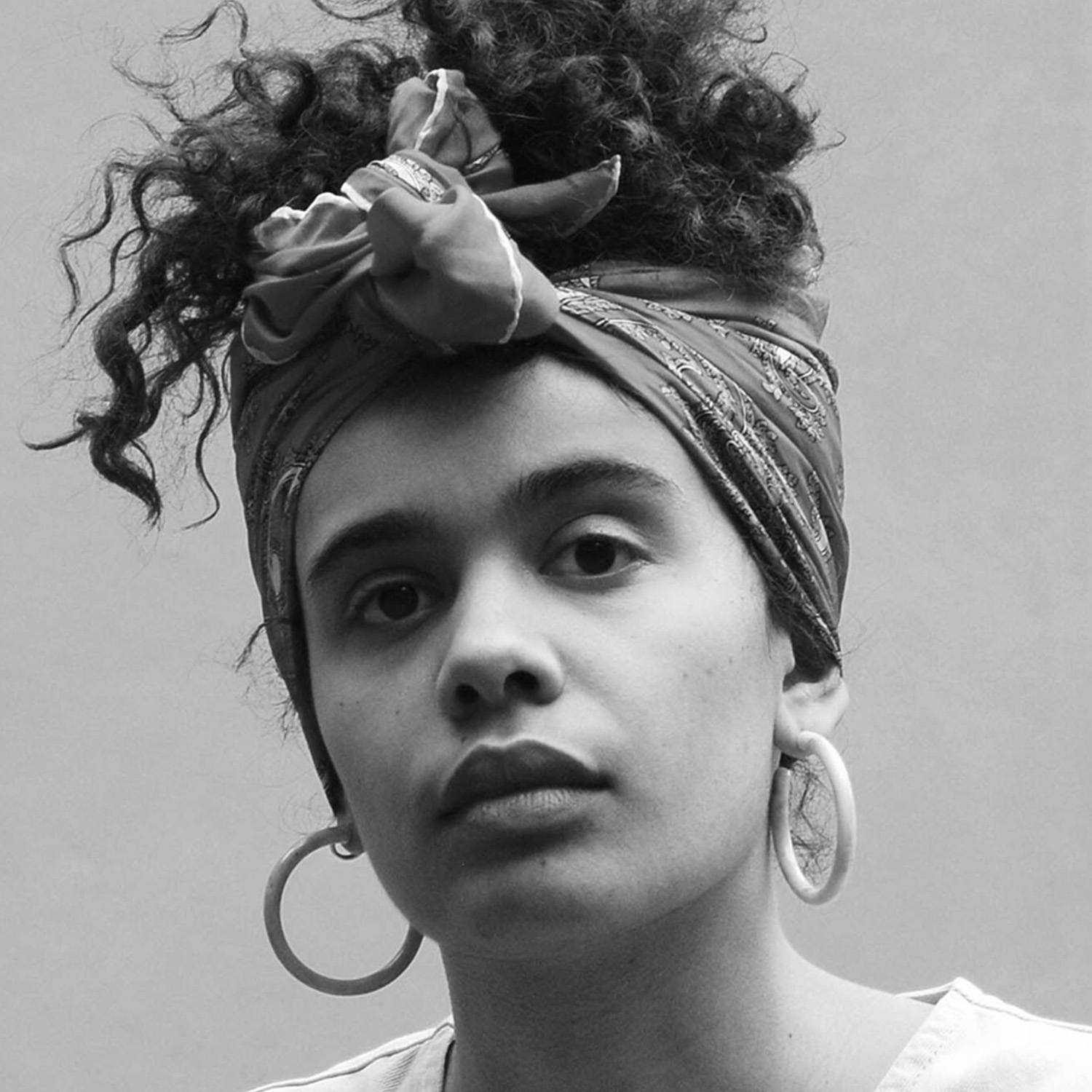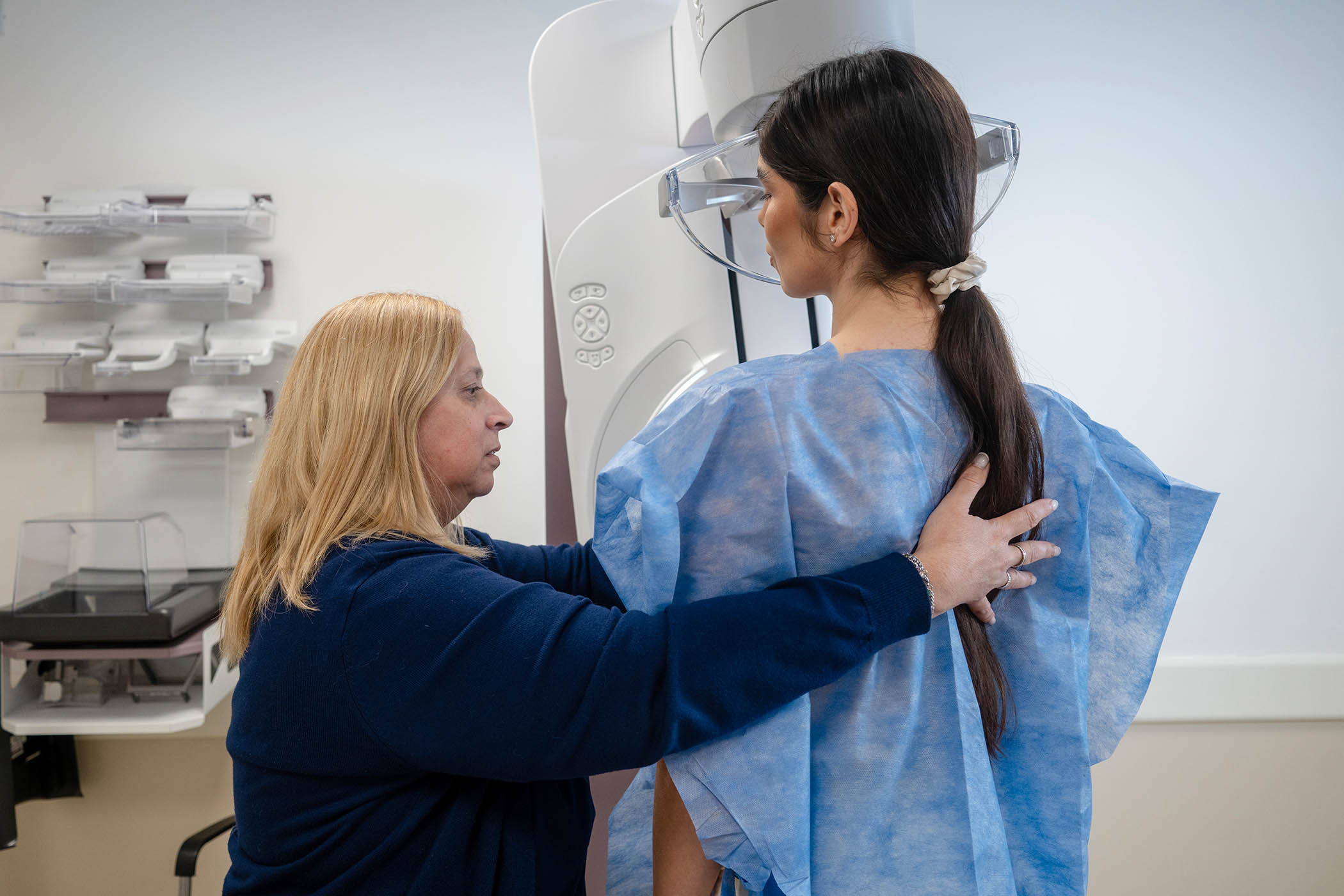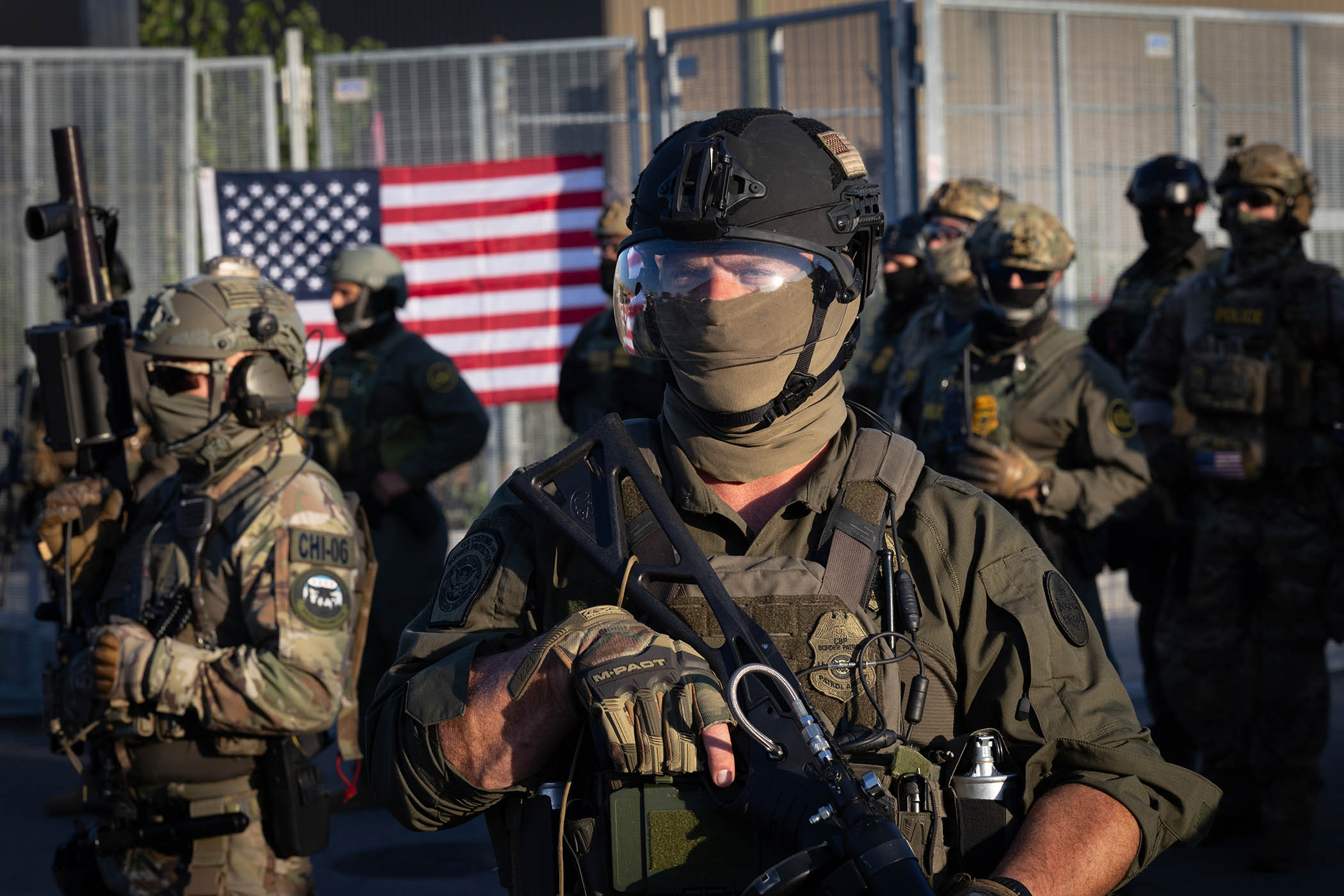You can listen to this story on this week’s episode of The Slow Newscast, Contagion: RFK Jr’s war on public health, here.
The US Centers for Disease Control and Prevention – once the global gold standard for national health agencies – has been so damaged by the sackings and ideological redirection instigated by Robert Kennedy, the secretary of health and human services (HHS), that it is no longer capable of protecting America from the next pandemic, agency staff have told The Observer.
“They are systematically dismantling public health in America and everything that we do so that we don’t work effectively,” said one employee. “I think they’re not going to stop until they have effectively destroyed the CDC.”
One former worker, Abby Tighe, said that under Kennedy’s leadership, the agency’s emerging disease surveillance capabilities were being dismantled. “The priorities of this administration are isolationist,” she said. “They don’t want to engage with other countries. But that doesn’t make sense when diseases travel around the world as people do.”
The implications are chilling, said Dr Dominik Zenner, an infectious disease epidemiologist at Queen Mary University of London. “One country alone cannot control a global epidemic,” he said. “The CDC’s expertise in disease surveillance and lab testing cannot be overestimated; I am in awe of what they do. In the west, they are by far the largest in expertise and capacity, operating in a different league to the rest. Could another country step up to build that capacity? I’m not sure that’s possible.”
The CDC, founded in 1946, played a critical role in eradicating smallpox; containing the Ebola virus in west Africa and helping to develop a vaccine; almost wiping out polio; and dealing with the HIV/Aids crisis.
It reported the first known cases, created the term “acquired immunodeficiency syndrome” to replace doctor’s original “gay-related immunodeficiency disease”, identified the cause and developed the first blood tests for HIV. In 2023, however, Kennedy told New York Magazine that “there are much better candidates than HIV for what causes Aids”.
Kennedy is a curious figure in US politics. His uncle John Kennedy and father, Robert Kennedy, were assassinated within five years of each other. This hit the 11 Kennedy kids hard, and young Robert was using heroin within two years of his father’s death – he was just 15. He was an addict for 14 years, then an environmental lawyer and a vaccine sceptic, claiming incorrectly that vaccines cause autism. His short run for president in 2024 as an independent ended that August when he pulled out and endorsed Donald Trump, reportedly in exchange for a cabinet post.
Related articles:
In February, Trump put him in charge of licensing medicines at the Food and Drug Administration, funding medical research at the National Institutes of Health and public health at the CDC. Kennedy got to work immediately.
In June, he cut US support for Gavi, which distributes vaccines to the world’s poorest children and sacked the CDC’s Advisory Committee for Immunization Practices (ACIP), which draws up the agency’s list of recommended vaccines for Americans, and replaced it with a handpicked panel of advisors including a number of vaccine sceptics.
Newsletters
Choose the newsletters you want to receive
View more
For information about how The Observer protects your data, read our Privacy Policy
In July, he cut the CDC’s HIV prevention programmes. He also called, unsuccessfully, for a Danish study that found no link between aluminium in vaccines and chronic diseases in children to be retracted by the journal Annals of Internal Medicine.
In August, he fired Susan Monarez, the CDC’s director, who last week told senators she was dismissed “for holding the line on scientific integrity” after refusing Kennedy’s demands to fire top CDC scientists and to sign off on the vaccine recommendations made by the ACIP. In an unprecedented rebuke, US health insurance body America’s Health Insurance Plans has told patients it will not change its existing vaccination plans whatever the CDC advises.
Four senior officials – the chief medical officer, director of the National Center for Immunization and Respiratory Diseases, director of the National Center for Emerging and Zoonotic Infectious Diseases and director of the office of public health data – resigned in support. Elizabeth Soda, one of more than 1,000 doctors and health workers who signed a letter demanding Kennedy’s resignation, explained why she had followed suit. “I swore an oath when I joined the CDC to protect against threats,” she told The Observer.
“And I think right now, RFK Jr and what’s happening at HHS is a huge threat, not only to Americans, but to the global public health community.”
When The Observer put these concerns to the HHS, communications director Andrew Nixon sent the following statement: “The CDC has been broken for a long time. Restoring it as the world’s most trusted guardian of public health will take sustained reform and more personnel changes. His commitment to evidence-based science is why, in just seven months, he and the HHS team have accomplished more than any health secretary in history in the fight to end the chronic disease epidemic and Make America Healthy Again.”
Many former and current CDC staff are puzzled at Trump’s continued backing for Kennedy in the face of widespread outrage. “During his first term, Donald Trump was responsible for Operation Warp Speed, which spent billions of dollars on a military style operation to research Covid vaccines and pay for manufacturing hundreds of millions of doses,” explains Anne Schuchat, who led the CDC’s Covid response. “That was a gutsy move. President Trump ought to be very proud. I don’t think he’s anti-science.”
Daniele Sudsataya, a researcher at the London School of Economics, thinks what happened to the Maga base under lockdown affected Trump’s attitude. “Policymakers and public health institutions were making Covid policies designed for big cities, which were hit most aggressively,” he explains.
“Rural communities were hit differently. There wasn’t the same density of people or coming and going. What was tangible for some of these disconnected communities was that they couldn’t open their stores. They couldn’t go to restaurants. They had to be vaccinated to visit their families.”
Many of these areas were the Maga base where people lack employment, education and even healthcare. Kennedy’s Make America Healthy Again helped Trump gain new supporters because he gave them the illusion of hope, suggests Sudsataya, saying you can take agency over your own health care
That negative experience of Covid-19 increased vaccine hesitancy. A Gallup poll found that in 2019, 58% of all voters believed childhood vaccines were essential. In 2024, it remained about 60% for Democrat voters, but for Republicans, it dropped to 26%.
“The president has a complex psychology,” says Schuchat. “I would hope he’s having his doubts. I was at the leaving event for the departing directors, and the staff were uncharacteristically despondent but hopeful that as he sees the harm the secretary is causing, he will reconsider.”
Photograph by Alex Wroblewski/AFP via Getty Images
